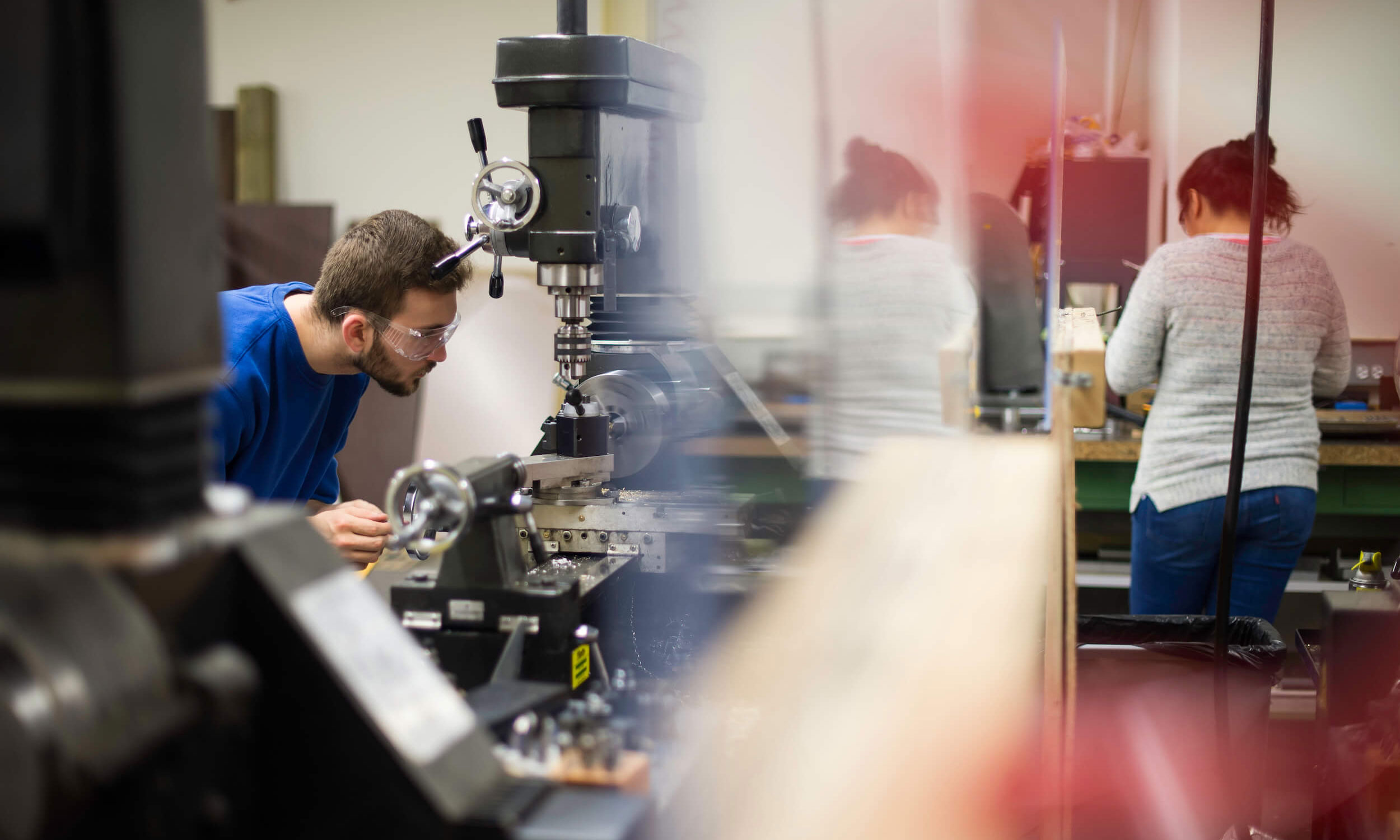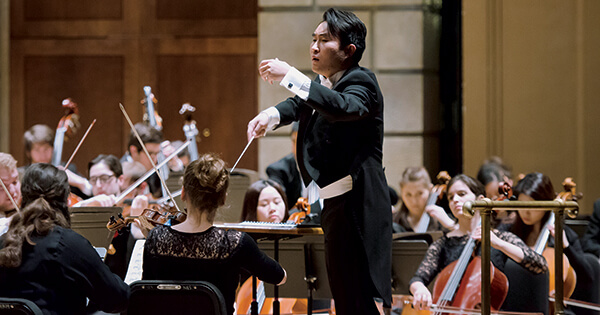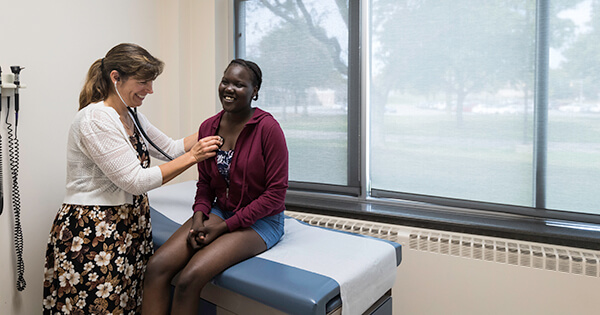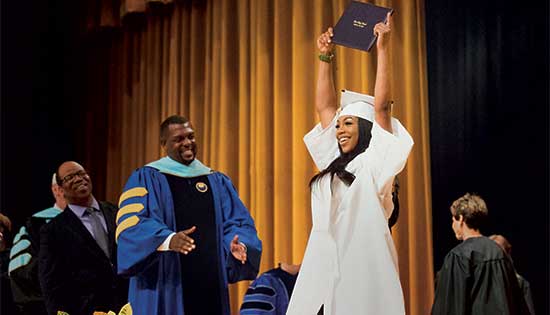In my own words: David Williams, PhD
 Imperfect vision has always existed. Eyeglasses have not. Like everything else, they are an invention, an example of technology providing a solution to a problem. And over time, the solution has gotten better and better.
Imperfect vision has always existed. Eyeglasses have not. Like everything else, they are an invention, an example of technology providing a solution to a problem. And over time, the solution has gotten better and better.
Today’s advances in vision technology are the result of broad collaboration. No one at the University knows this better than Dave Williams, PhD.
Williams takes us into the future in this excerpt from his remarks at Celebrate Meliora in Sarasota, FL:
“And what’s going to happen? Well, my argument is that history is going to repeat itself. And this technology will inevitably migrate to the head, just the same way that spectacles did 750 years ago.
Everyone will be walking around with something like a Google glass…And these devices are going to become more and more prevalent. And if you think about the enormity of the cell phone market with more than 4 billion users now with mobile devices and that growing in the next year or so to 5 billion on the planet—a huge market.
When these things migrate to the head, there’s going to be an enormous business opportunity. And many, many companies, as many of you know, are investing heavily in this, including Facebook, who bought Oculus for $2 billion in 2014. Google and Apple and many, many, many other companies.
The University of Rochester is very well positioned to capitalize on that predicted development.
We have people in engineering, such as Jannick Rolland, who are developing new ways of delivering light to the retina in head mounted displays. We have vision scientists in the Center of Visual Science who understand the sensory needs for these instruments. And we even have people throughout the humanities who are interested in using this technology. For example, Oliver Schneller, in the Eastman School of Music, who’s interested in using virtual reality to create a whole new dimension to the acoustic experience of listening to music.”
You can hear more examples of the ways the University is contributing to advances in has gotten involved in the lives of his research subject in his full talk.
A vision for vision
The Center for Visual Science is guided by a shared belief that progress in understanding the visual system will come from a diverse, coordinated effort. You can be a catalyst for new ideas and technology.
To learn more about how you can support Dave Williams’ work or the Center for Visual Science, contact Eric Brandt.
—Matt Cook, May 2017






